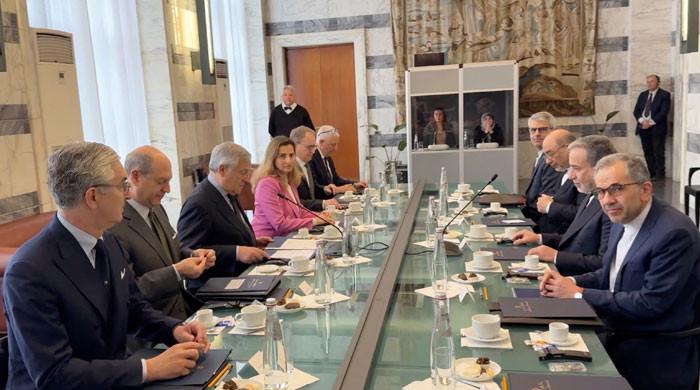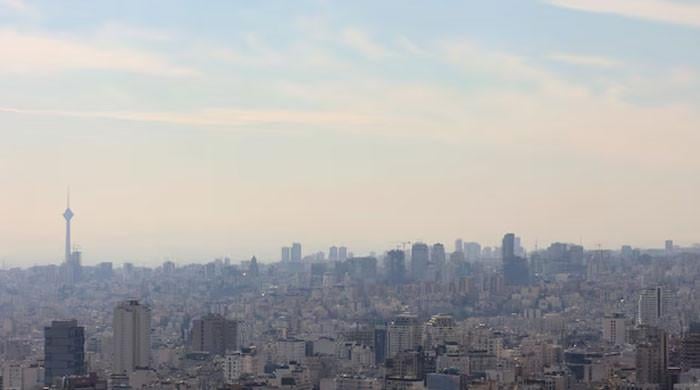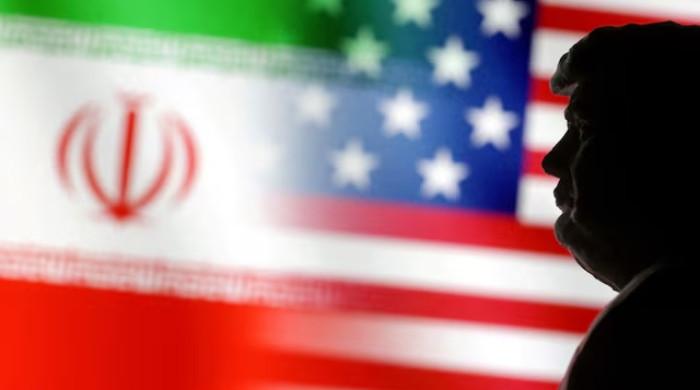Afghan Taliban decides to formally join China's 'Belt and Road Initiative'
Afghanistan's acting commerce minister says technical team to be dispatched to China for further discussions
October 19, 2023

- Taliban to send technical team to China for talks, says minister.
- China only nation to have ambassador to Taliban-run govt.
- AfghanTaliban government eyes Chinese investment.
The Taliban administration Thursday expressed the desire to formally become part of President Xi Jinping's ambitious as well as far-reaching 'Belt and Road Initiative' (BRI) as part of its efforts to rebuild war-torn Afghanistan through Chinese investment.
"We requested China to allow us to be a part of the China-Pakistan Economic Corridor and Belt and Road Initiative... (and) are discussing technical issues today," Afghanistan's Acting Commerce Minister Haji Nooruddin told Reuters in an interview on the sidelines of the BRI summit in Beijing.
The reference to the "economic corridor" pertains to a significant section of the Belt and Road Initiative located in Afghanistan's neighbour, Pakistan.
Azizi also disclosed that a technical team would soon be dispatched to China for discussions on this matter.
This announcement underlines China's efforts to enhance its relationship with the Taliban-led government, even in the absence of recognition from other foreign governments.
Notably, China recently appointed an ambassador to Kabul, making it the first country to do so.
In contrast, other nations have retained their previous ambassadors or appointed heads of mission in a charge d'affaires capacity, bypassing the formal presentation of credentials to the government.
Azizi revealed that a technical team would be sent to China to gain a deeper understanding of the obstacles preventing Afghanistan from joining the initiative.
While specific impediments were not detailed, Afghanistan's wealth of coveted mineral resources, including lithium, copper, and iron, could make it an attractive prospect for Chinese investment.
Several Chinese companies, including the Metallurgical Corp. of China Ltd (MCC), have a presence in Afghanistan and have discussed projects, such as a potentially vast copper mine, with both the Taliban administration and the previous Western-backed government.
Security concerns have been raised by investors, particularly in light of past attacks by the Daesh militant group on foreign embassies and establishments frequented by Chinese investors in Kabul.
Regarding these security challenges, Azizi emphasised that security was a top priority for the Taliban-led government.
He noted that after two decades of conflict, more regions of the country were now considered safe. This could open opportunities to explore provinces with industrial, agricultural, and mining potential.
In a positive development, Afghanistan, along with 34 other countries, agreed to collaborate on the digital economy and green development on the sidelines of the Belt and Road Forum.
This engagement demonstrates Afghanistan's intention to participate in global economic initiatives and seek opportunities for growth and development.











